
PLOT: A pregnant suburban housewife (Elizabeth Banks) in 1968 Chicago is told by her doctor that she’ll likely die if she continues with her pregnancy. Desperate to get an abortion, she’s hampered by red tape until she discovers an underground network, The Jane Collective, which helps women obtain abortions.
REVIEW: Call Jane is a sobering look back at an era when women needing abortions had to rely on unscrupulous backroom doctors whose primitive methods often left their patients mutilated. In this era, The Jane Collective came to be, with this charting a suburban mother’s entry into the underground group, which sought to help women in need get safe abortions. Indeed, the situation Banks’ Joy finds herself in is nightmarish. She and her loving husband (Chris Messina) are better off than most. They’re an upwardly mobile middle-class family and are more than eager to welcome a second child into their household. However, pregnancy complications mean that Joy is likely to die if she carries the pregnancy to term. When she appeals to her hospital for a legal abortion, she’s told (not explicitly) that her life is less important than that of her unborn child.
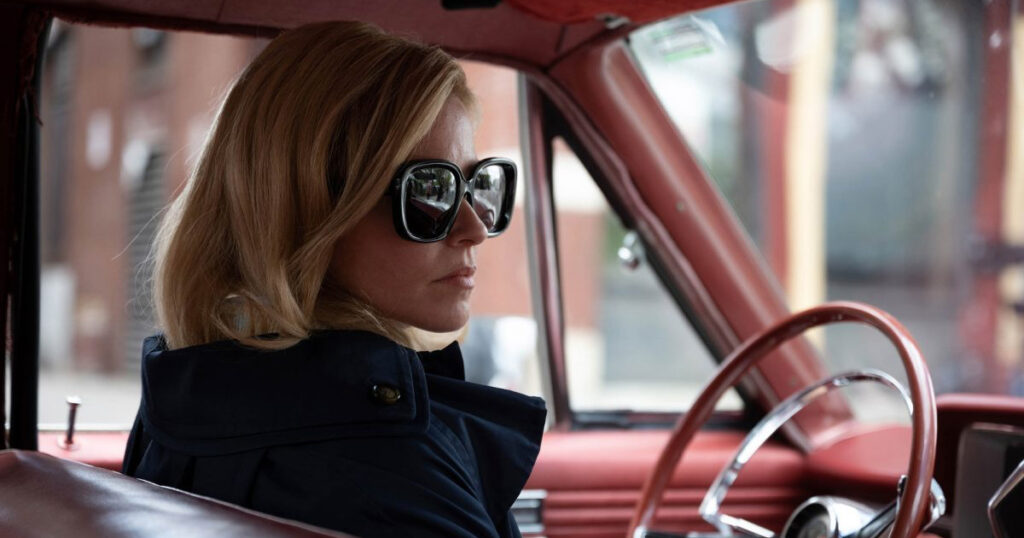
Of course, very few topics out there are as controversial as abortion rights, which is perhaps why Call Jane uses an extreme case to make its point. It’s certainly an eye-opener for those who don’t know much about the history of abortion, as at the time, it was an underground thing that often had deadly consequences for the woman. To Call Jane‘s credit, the film doesn’t focus on the things standing in the way of an organization like The Janes, but rather on those that help them, making this an inspiring tale in many ways.
As the film opens, Banks’ character is your typical suburban housewife of the era and happier than most. However, she’s woken up in a lot of ways by her predicament. The Janes have to charge $600 for the operation to pay their abortionist, and many women cannot pay. The film charts Joy’s involvement with the Janes and her efforts to open the service up to more women that can’t afford it, and Banks, in her first starring role in years, is terrific.
However, the film is somewhat stolen by Sigourney Weaver in a commanding turn as The Janes’ founder, who’s forced to be pragmatic, much to the chagrin of her right-hand woman (Lovecraft Country‘s Wunmi Mosaku), as if they don’t want to get busted they need to pay off the mob and their safe, qualified abortionist.
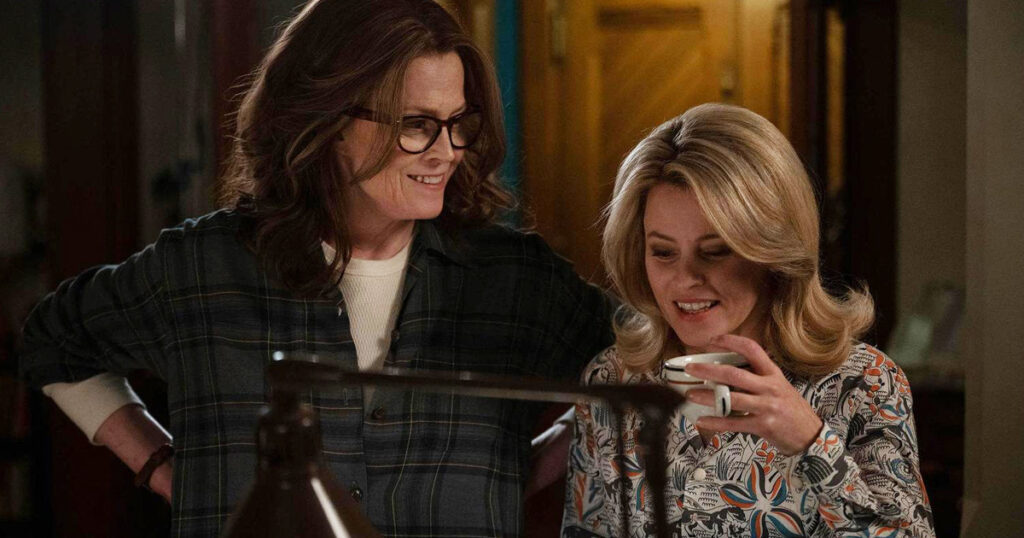
The latter would likely have been portrayed as predatory in a more simplistic tale. Here, Cory Michael Smith certainly plays him as a savvy operator who wants to make money rather than a crusader, but he’s not judged too harshly. He’s at least professional and committed to making his procedures safe. Call Jane also wants us to like Chris Messina as Joy’s husband, who’s a little naive, believing his wife’s excuse of being at “art class” every night, but stands by her no matter what. No one’s role plays out the way you think it will, including John Magaro in a cameo as a Serpico-like cop.
Call Jane is the feature directorial debut of Phyllis Nagy, the writer of Carol, and she’s made one of the more unique-looking movies at this year’s Sundance by opting to shoot in grainy 16mm. It’s immediately distinct from the digital sheen of almost every other film playing the festival this year. She has a good sense of pace, although the final act feels rushed and abbreviated as if they ran out of money and couldn’t finish telling the story. That leaves the film feeling somewhat incomplete, with a tacked-on epilogue that sends the film out on an up note but doesn’t depict how hard-won it was to some extent. Nevertheless, Call Jane is an eye-opener well worth checking out. Banks and Weaver are terrific, and the story is an important one.


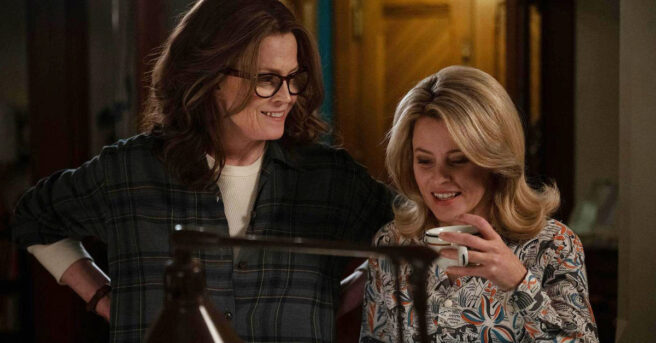







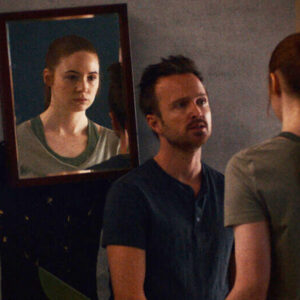





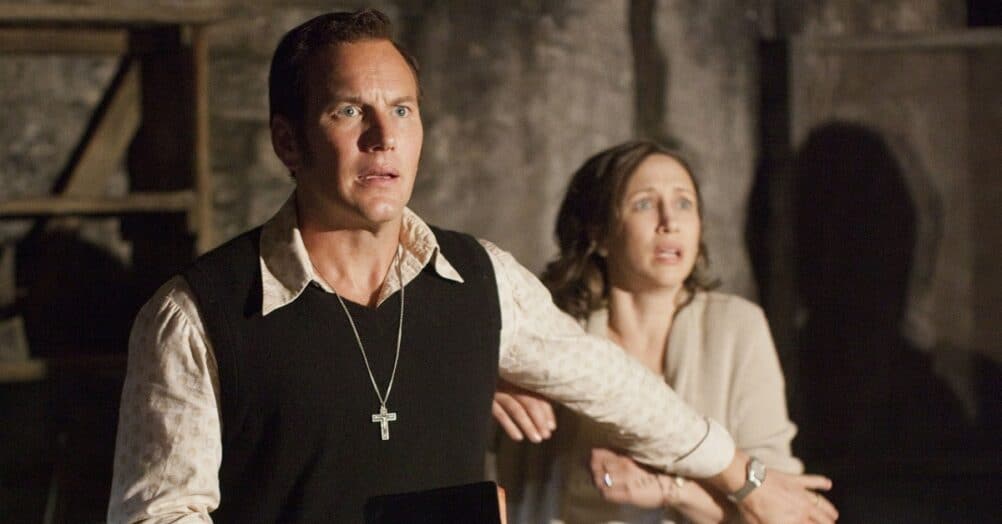




Follow the JOBLO MOVIE NETWORK
Follow us on YOUTUBE
Follow ARROW IN THE HEAD
Follow AITH on YOUTUBE